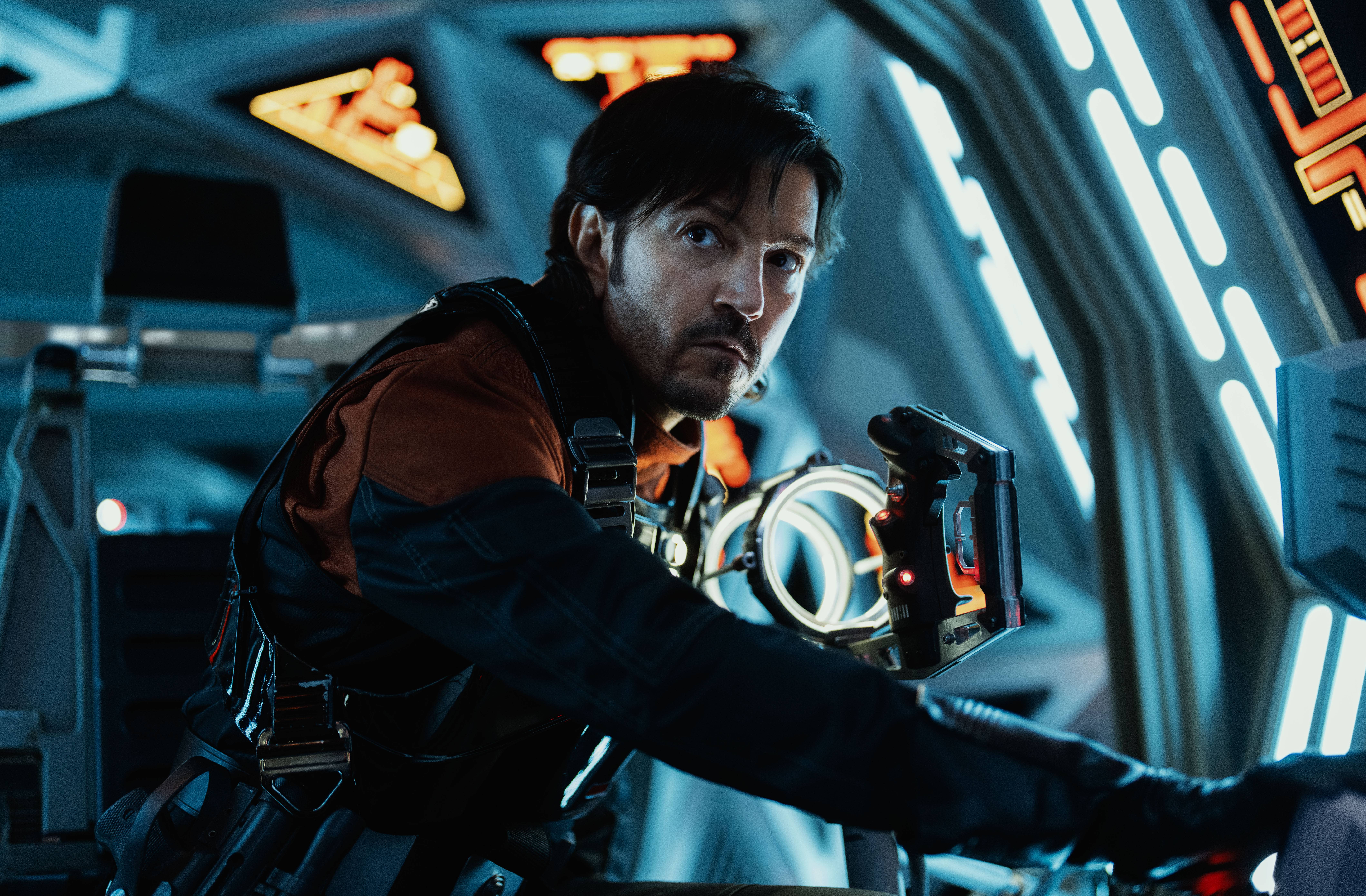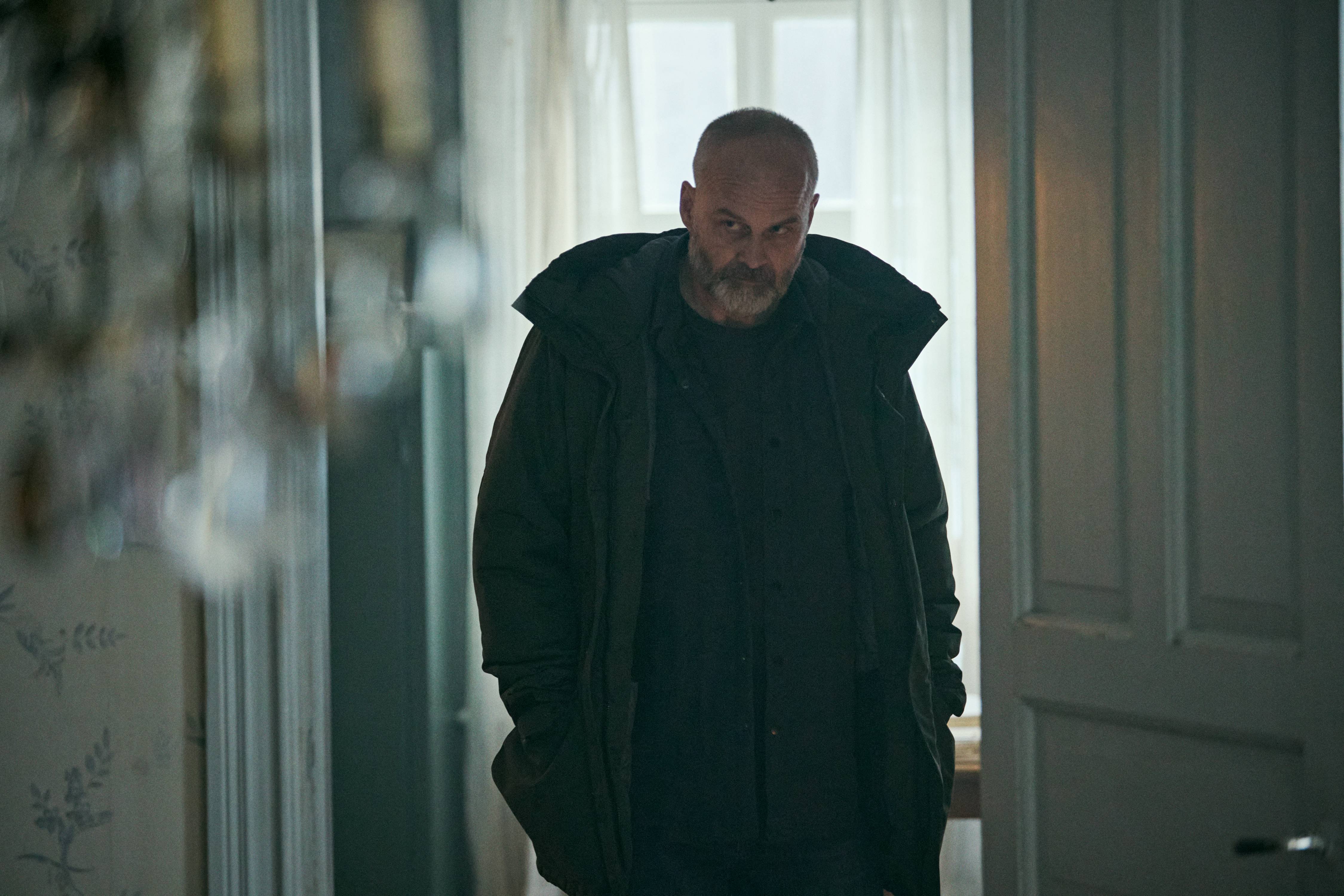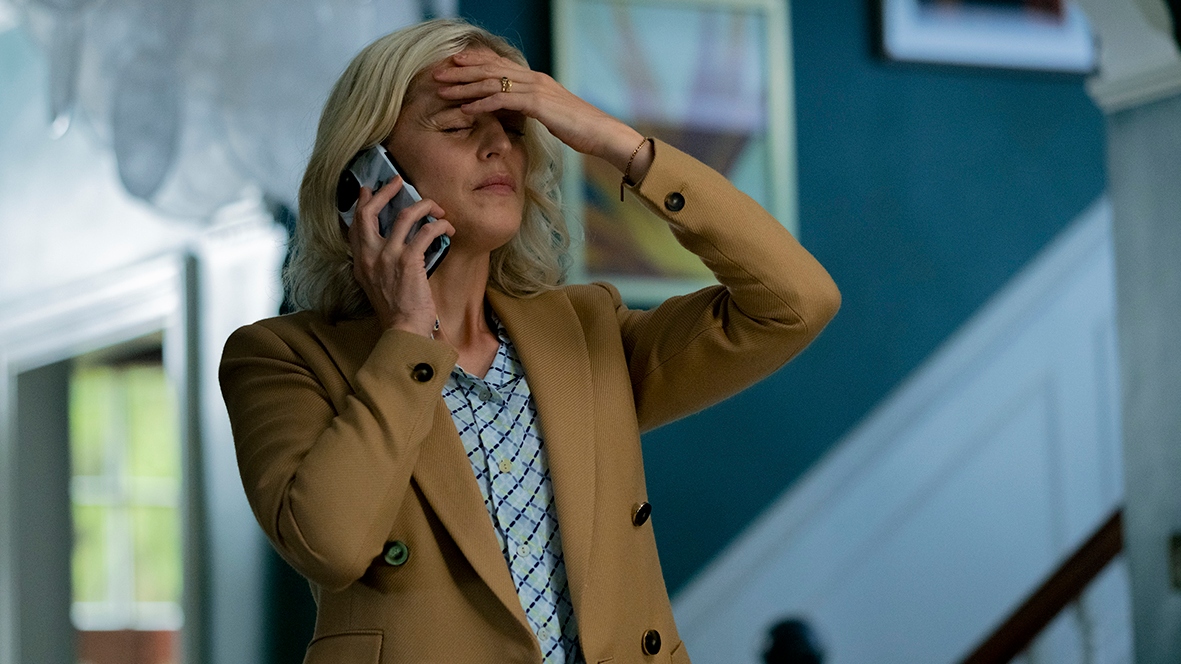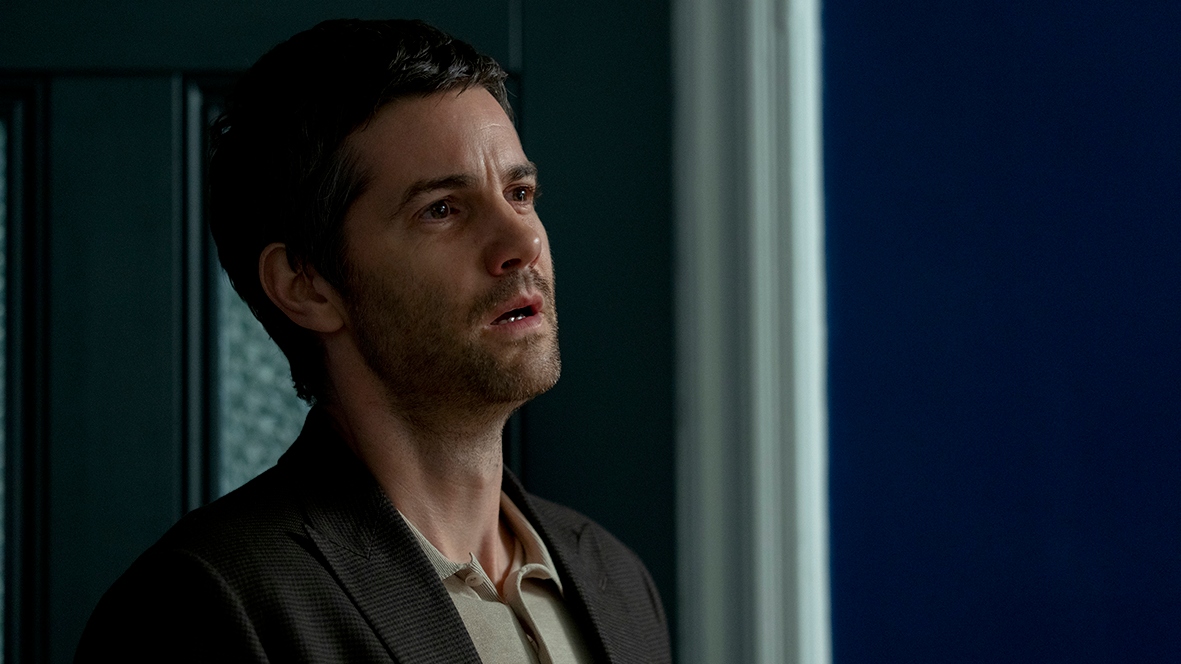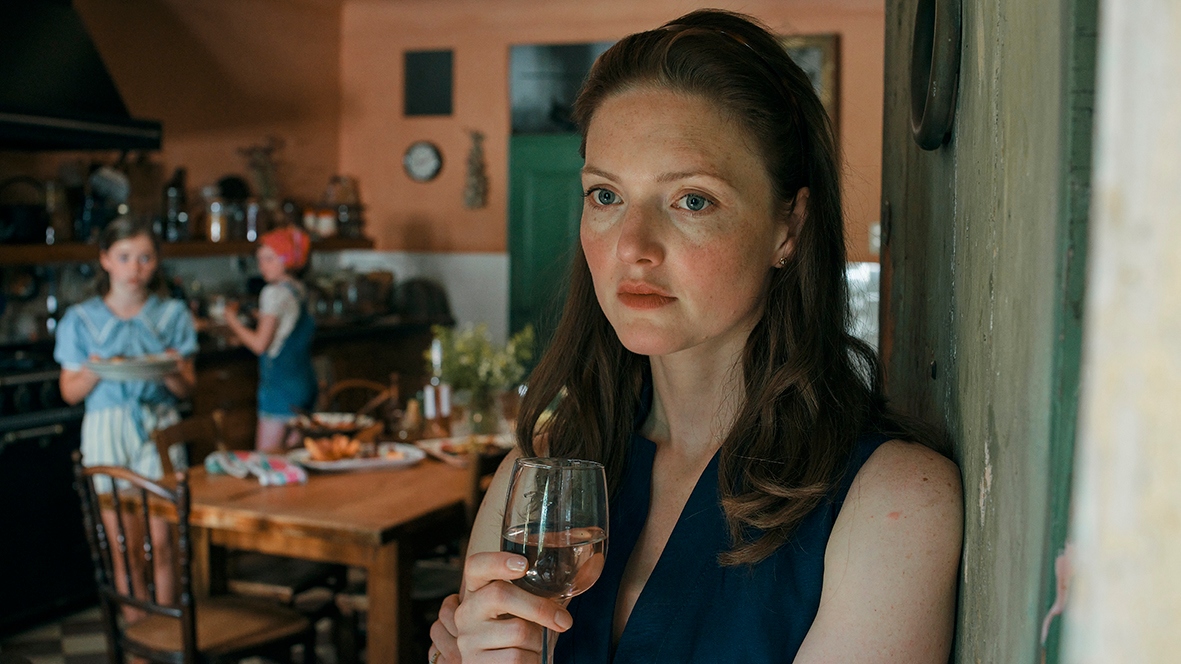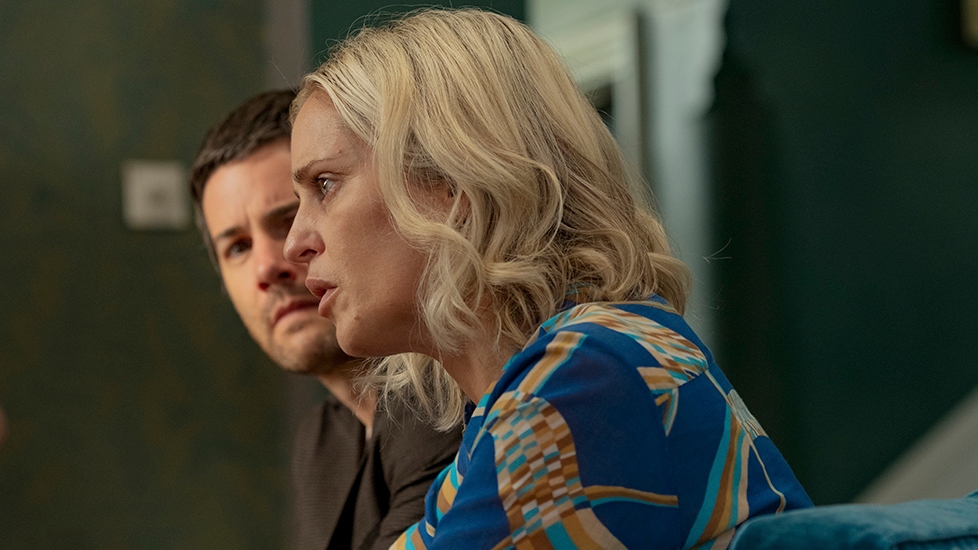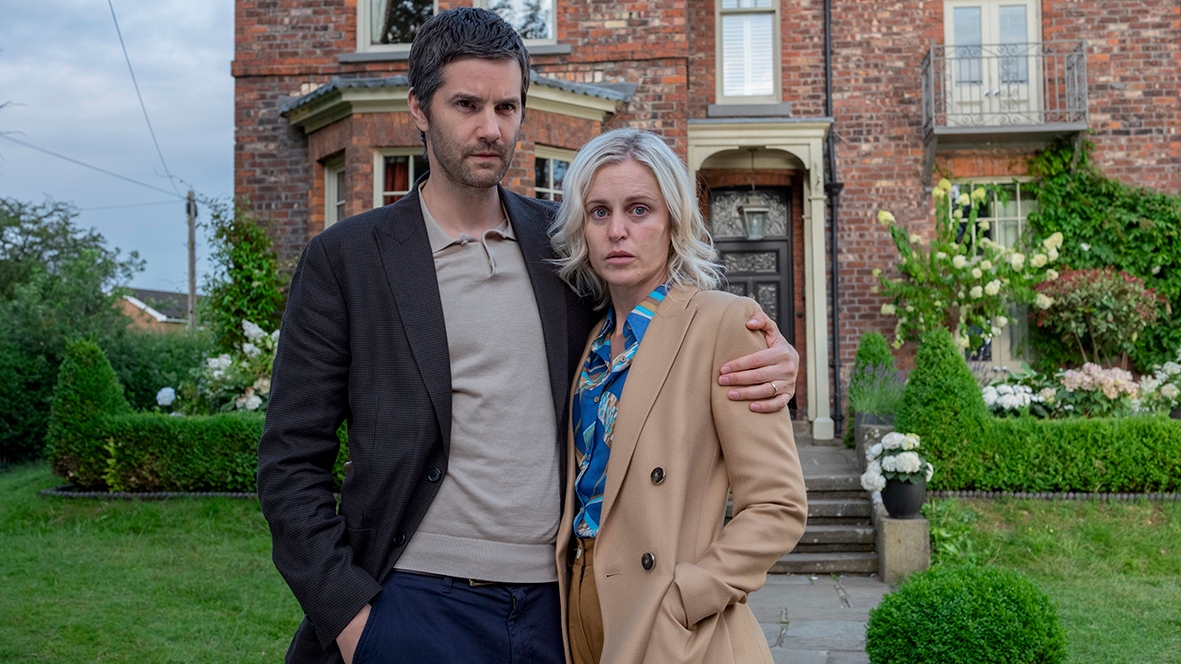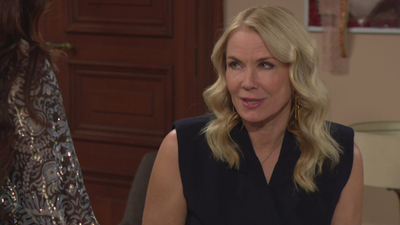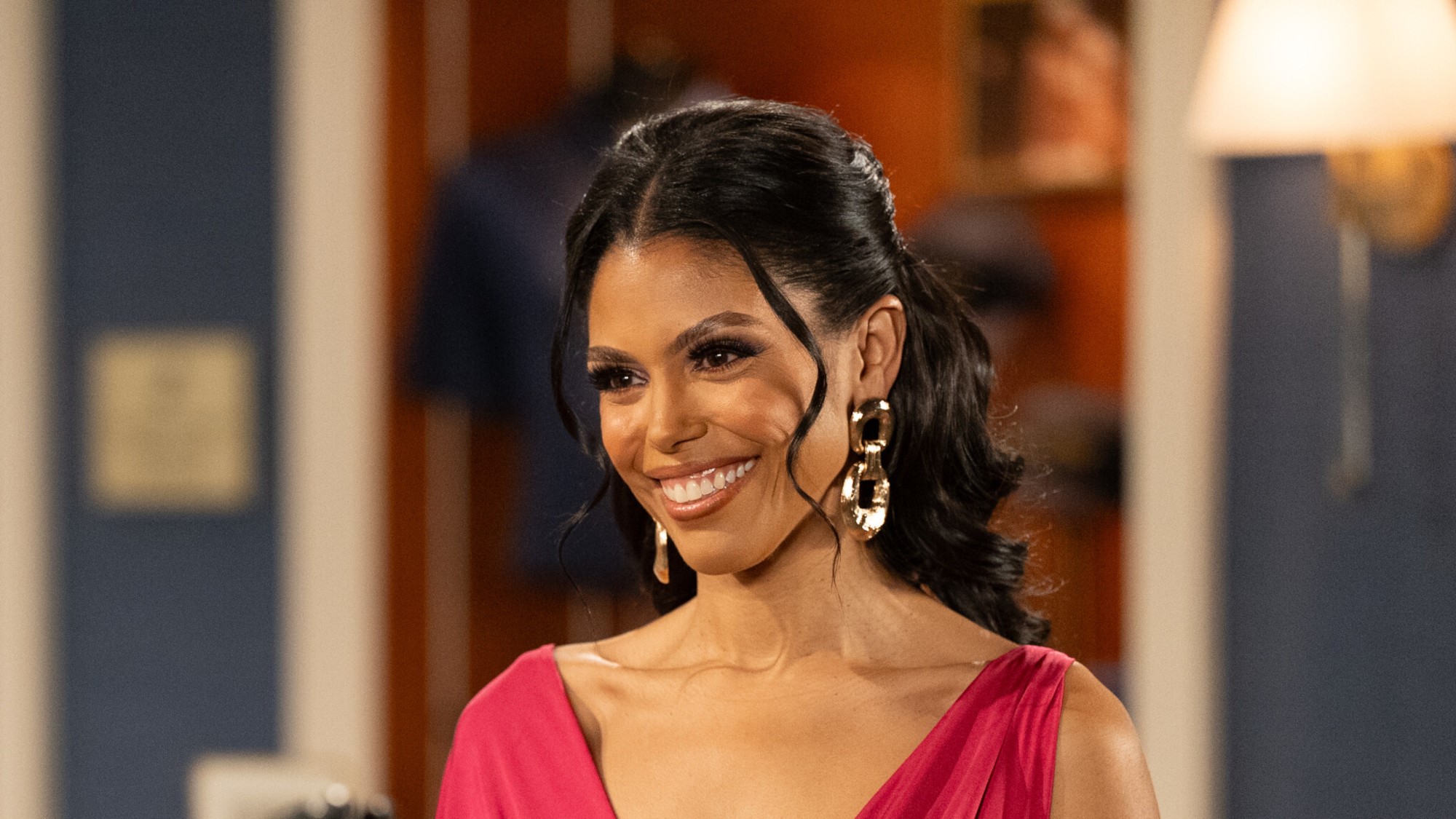Why 'WandaVision's weekly release is only helping the show
And not just in terms of popularity.
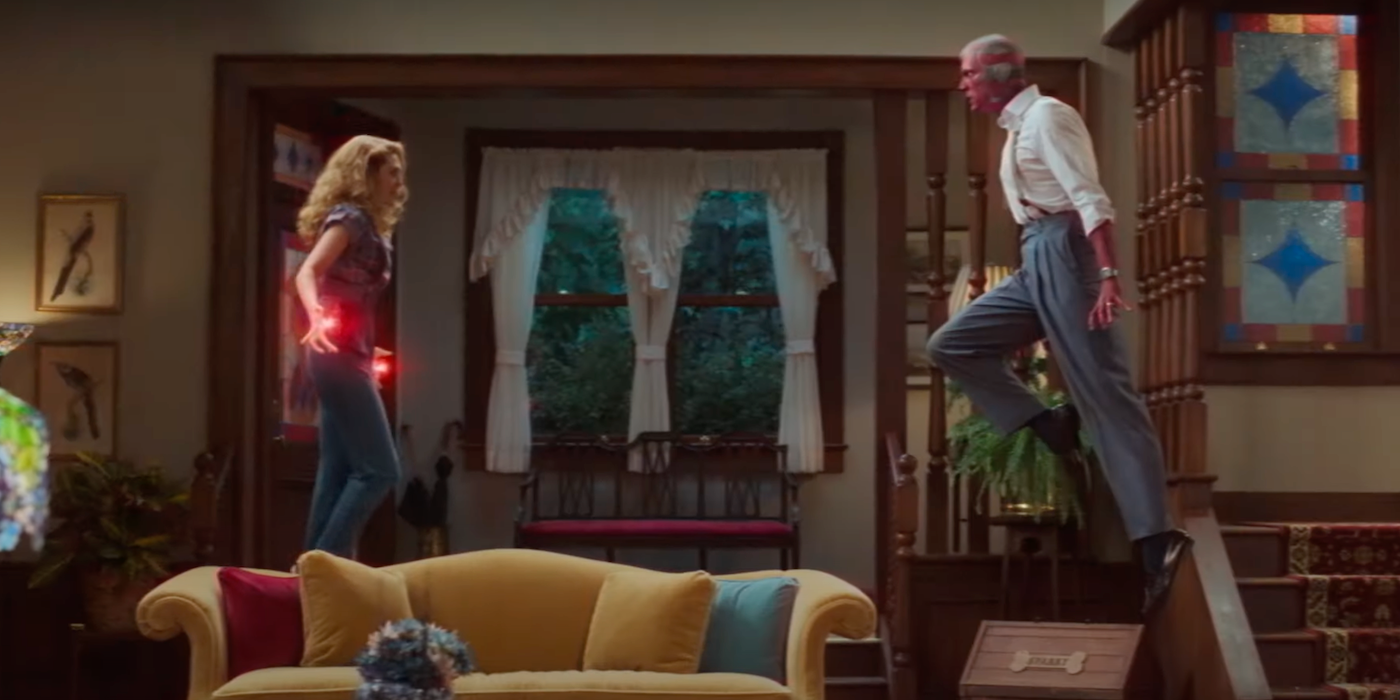
It’s official: WandaVision is setting records left and right. This past week it was reported that the Disney+ series had achieved the status of top viewed show worldwide as of its latest episode, according to a report in Forbes — and truly, it feels like you can’t turn anywhere on the internet without bumping into fans discussing theories, analyzing episodes and breaking down some of their most favorite moments on the show thus far. Considering that this is a series primarily revolving around two Avengers who have been long overdue for their time in the spotlight, one could argue that WandaVision’s trajectory has been pretty satisfying to watch transpire.
WandaVision also is the perfect way to introduce yourself to Disney+ on Apple TV.
But the show has also had criticisms leveraged at it and mostly on a narrative level — initial reactions debated whether it was too slow to start when audiences were unceremoniously dropped into the strange suburban town of Westview, New Jersey with Wanda Maximoff (Elizabeth Olsen) and Vision (Paul Bettany) and nary a sense of what had occurred to position them in this domestic setting. This was quite a left turn after the events of Avengers: Endgame, and the only drama to be found revolved around how to deal with the boss unexpectedly showing up for dinner. Since then, the series has carefully guarded its secrets, with each episode subsequently putting more and more pieces of the puzzle down every week even if we’re still not being afforded the full picture yet. Are the show’s gradual reveals actually hurting it, or is WandaVision actually made a better show because it’s asking us to wait until we can come back next week and find out more?
WandaVision, as a series, is inextricably steeped in the concept of television. From the very beginning, the device of a show-within-a-show is how we’re introduced to our cast of characters both familiar and new, and as the story progresses, we discover several important details in the process — but namely, that this world is one that was initially created by Wanda herself, likely as a grief response to the trauma and losses she suffered in Avengers: Infinity War and its aftermath. Her power has grown strong enough to wrap the entire town of Westview (and, as we later see, expand well beyond those initial boundaries), but she can also manipulate reality so that its inhabitants both appear in clothing accurate for the time period her “show” is set in but also play the parts that have been chosen for them. This is clearly escapism for Wanda at its most obvious level; she has decided to seclude herself in a reality inspired by classic TV sitcoms as a form of comfort, trying and sometimes failing to lean on the formulaic devices that mean a problem gets happily resolved by the end of a 20-minute episode. But it’s escapism for us too, as viewers watching at home, who are eagerly in search of something to lose ourselves in especially when the real world can be turbulent and uncertain. Why not reach for a fun distraction of theorizing about how superheroes ended up in suburbia?
In a TV landscape that has, within the last several years, become a battle between streaming services and networks, it’s been fascinating to see which platforms are actually beginning a return to weekly release rather than pulling a Netflix and dropping a full season at once. Networks like HBO and Starz were already doing this in part by letting the streaming arm of their subscription release episodes the same day they premiered — but Amazon Prime, for example, has begun migrating to a gradual rollout of episodes for their original series, such as The Expanse or The Boys (the latter of which, very memorably, worked fan complaints about this into promotional videos to market the show). When The Flight Attendant premiered on HBO Max, an exclusively streaming service, the first three episodes were given to subscribers with the rest of the show released two episodes per week until the finale. And as we’ve seen with Disney+, WandaVision isn’t the first of its shows to drop one episode at a time when The Mandalorian originally followed that plan, but coincidentally, there doesn’t seem to be a lot of conversation swirling around whether the adventures of Din Djarin (Pedro Pascal) and baby Grogu should have been a feature film rather than a TV series.
MORE: How to watch the Marvel movies in order
Also: Watch Disney+ on Apple TV
Maybe the truth is that we’re not used to these Avengers existing on the small screen, not really; that role has been often given to other characters in the MCU, heroes who are usually tasked with fighting for their city (like Daredevil or Luke Cage) rather than taking on threats to the world or even occasionally venturing to other worlds for those battles to take place. Seeing Wanda and Vision occupying a much more limited set of circumstances is jarring on more than one level, and it’s hard not to watch a show like this without feeling like there should be some major battle ahead — but that’s all the more reason to appreciate what the series is doing and how it’s using the intimacy that television provides to give these characters their due. It’s okay if we don’t have all of the answers yet, and it’s fine if we have to wait a week in between episodes to learn more about what’s going down in Westview. Consider this: we already have much more information under our belts now than we did when the show first aired, and according to hints dropped by Marvel Studios’ Kevin Feige himself, some episodes might clock in at a longer runtime than the ones we’ve already watched.
Get the What to Watch Newsletter
The latest updates, reviews and unmissable series to watch and more!
Ultimately, WandaVision has only benefited from the weekly release model. It’s maintained a constant spot in the pop culture conversation among audiences and critics alike, and allowed word-of-mouth to attract new viewers who might not have been interested in watching the show until they heard their friends talking about it. But it’s also succeeded at something that can only be achieved via television: building up anticipation week by week as we wait for more of the story to unfold on our screens, not to mention the fact that it’s a communal experience we can all share in even while socially distanced from one another. Whether or not it will deliver on everyone’s expectations remains to be seen, but for now, the biggest thrill of WandaVision exists in the experience of just simply tuning in.
